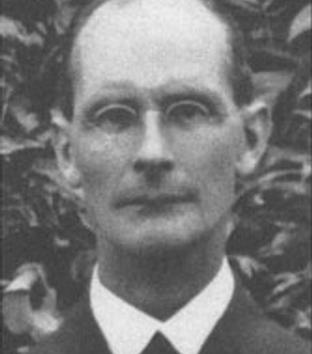
The most distinguished student of his class in the Glasgow Free Church College, Moody had already spent five years in mission work in Glasgow before he reached Taiwan in 1895, where he became an outstanding missionary evangelist. In his first four years he established eleven churches, and in ten years he had preached in 900 of the 1,100 villages in the central Chiang-hoa region.
Usually accompanied by apprentice preachers and other colleagues and with a trumpet to herald his presence, he announced the good news in impeccable Taiwanese. Moody the scholar took great pains to develop the best means of expressing the message and clarifying its content. Concerned that converts should not be too far from an established church, he adopted what came to be known as the planetary system, in which the mission center is the sun and outstations are planets, each with its growing number of satellites. He was well read in early church history and wrote a number of scholarly academic studies.
Attribution
This article is reprinted from Biographical Dictionary of Christian Missions, Macmillan Reference USA, copyright (c) 1998 Gerald H. Anderson, by permission of The Gale Group; Wm. B. Eerdmans Publishing Co., Grand Rapids, Michigan. All rights reserved.
Sources
- Campbell Naismith Moody, The Heathen Heart (1907), The Saints of Formosa (1911), The Mind of the Early Converts (1920), The Purpose of Jesus (1928), Christ For Us and In Us (1935), and The Childhood of the Church (1938). Edward Band, Working His Purpose Out: The History of the English Presbyterian Mission 1847-1949 (1948).
About the Author
Formerly Old Testament Lecturer, Selly Oaks Colleges, Birmingham, England


